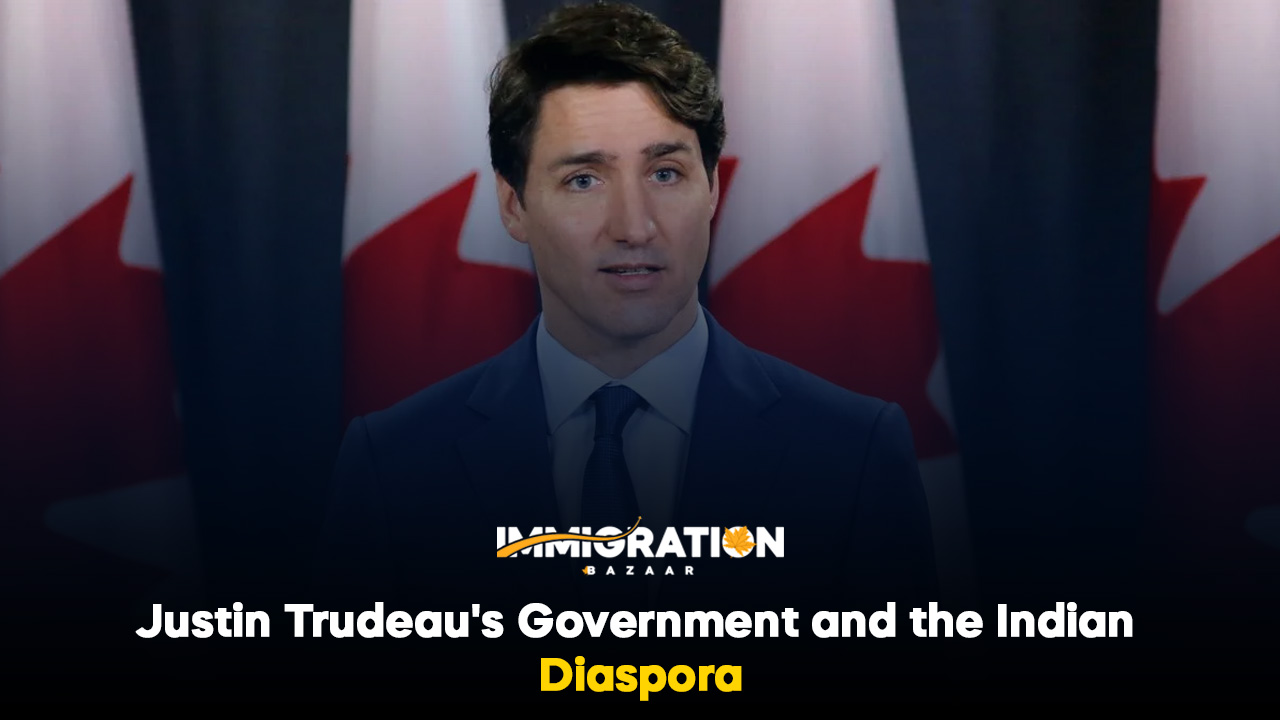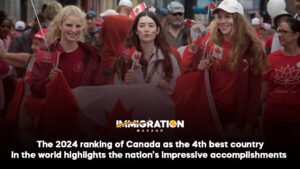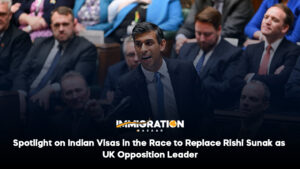Your inquiry touches upon several complex and intertwined topics, including Canadian politics, immigration policy, foreign relations between Canada and India, and the evolving dynamics surrounding the Khalistan movement. I’ll delve into these matters in detail, explaining the implications for international students, particularly from India, and addressing the potential future developments involving Canada’s political landscape, focusing on key figures like Justin Trudeau, Jagmeet Singh, and Pierre Poilievre.
-
Justin Trudeau’s Government and the Indian Diaspora
Justin Trudeau has been the Prime Minister of Canada since 2015, and his government has generally been supportive of immigration, including welcoming large numbers of Indian students and skilled workers. However, Trudeau’s tenure has not been without controversy, particularly concerning his stance on the Khalistan movement, a separatist movement advocating for an independent Sikh state in India.
Khalistan Controversy and Canada’s Relations with India
Canada has a significant Sikh population, many of whom emigrated from the Punjab region in India. A small section of this diaspora supports the Khalistan movement, which remains a contentious issue in India. The Indian government considers Khalistan supporters as extremists and terrorists, associating them with the violent insurgencies that occurred in Punjab during the 1980s and 1990s. India has expressed concerns that some Khalistan sympathizers in Canada are fostering militancy against India from abroad.
Trudeau has been accused by the Indian government and various political commentators of being too lenient or even sympathetic to Khalistani supporters. His administration’s failure to distance itself explicitly from the Khalistan issue has strained bilateral relations between Canada and India. This has had direct implications for trade, security cooperation, and most importantly, the large number of Indian nationals who seek to study, work, or migrate to Canada.
The Impact on Indian Students
Canada is one of the top destinations for international students, particularly from India. In recent years, tens of thousands of Indian students have enrolled in Canadian institutions, attracted by the high-quality education and pathways to permanent residency.
However, the political tension between Canada and India, especially over the Khalistan issue, has led to uncertainty for Indian students. Some students have reported difficulties with visa approvals, while others worry that strained diplomatic relations could affect their opportunities for post-graduation work permits or permanent residency pathways.
Trudeau’s government has faced criticism from the Indian community in Canada, who argue that his stance on Khalistan is damaging their prospects and could potentially harm Canada’s long-standing ties with India.
-
Jagmeet Singh and His Role in Canadian Politics
Jagmeet Singh, leader of the New Democratic Party (NDP), plays a pivotal role in Canadian politics. Since Trudeau’s Liberal Party does not have a majority in Parliament, it relies on support from other parties, including the NDP, to pass key legislation. Jagmeet Singh has leveraged this position to push forward policies that align with his party’s progressive platform, including healthcare reform, housing, and climate action.
Singh’s Connection to the Khalistan Movement
Jagmeet Singh is the first Sikh to lead a major political party in Canada, and his rise to political prominence has been celebrated within Canada’s large Sikh community. However, Singh has also been scrutinized for his alleged sympathies toward the Khalistan movement. Singh has been accused of not condemning the actions of Khalistan separatists strongly enough, which has further complicated relations between Canada and India.
Despite these accusations, Singh has positioned himself as a champion of human rights and has criticized the Indian government’s treatment of minorities, particularly Sikhs and Muslims. This has earned him both support and criticism, with detractors accusing him of promoting anti-Indian sentiments and alienating the broader Indo-Canadian community.
NDP’s Relationship with Trudeau’s Government
The political alliance between the NDP and Trudeau’s Liberal Party has been key to keeping Trudeau’s government afloat in a minority Parliament. However, reports suggest that Singh has become increasingly frustrated with Trudeau’s handling of certain issues, including his approach to international diplomacy and domestic policy.
Recently, Singh’s NDP has pulled back its support for some of Trudeau’s policies, putting the Prime Minister in a precarious position. If the NDP withdraws its backing entirely, Trudeau could face a vote of no confidence, potentially leading to an early election.
-
The Rise of Pierre Poilievre and the Conservative Party
If Trudeau’s government collapses, many political analysts believe that Pierre Poilievre, leader of the Conservative Party, is poised to take over. Poilievre is known for his populist and conservative views, and he has been a vocal critic of Trudeau’s leadership, particularly on economic and foreign policy matters.
Poilievre’s Position on India-Canada Relations
Unlike Trudeau, Poilievre is expected to adopt a more pro-India stance. Poilievre has expressed a desire to strengthen ties with India, recognizing the country’s growing importance as an economic and geopolitical power. His approach is likely to emphasize trade and investment, potentially focusing on forging stronger partnerships with India in sectors like technology, education, and defense.
Poilievre’s rise could lead to a reset in Canada-India relations, particularly if he distances his government from the Khalistan movement and adopts a more hardline stance against any form of extremism.
Impact on Foreign Students and Immigration Policy
Poilievre’s potential premiership could also bring changes to Canada’s immigration policies. While the Conservative Party has historically supported skilled immigration, there may be shifts in policies affecting international students and work visas. For instance, Poilievre may implement stricter immigration controls, which could make it more challenging for international students, including those from India, to obtain student visas or work permits.
Furthermore, Poilievre has expressed concerns about the impact of foreign students on Canada’s housing market and infrastructure. His government may introduce policies to limit the number of international students admitted into the country, or it could impose additional restrictions on their ability to work or stay in Canada after graduation.
-
Potential Policy Shifts Affecting Foreign Students
Given the political turbulence in Canada, international students, particularly from India, are facing increased uncertainty. Some key policy changes that could arise under different political leadership include:
A. Stricter Visa Requirements
If relations between Canada and India continue to deteriorate, or if a new government under Poilievre decides to impose stricter immigration controls, visa requirements for Indian students could become more stringent. This could result in longer processing times, higher rejection rates, or additional financial and academic scrutiny for applicants.
B. Post-Graduation Work Permits
One of the main attractions for international students in Canada is the opportunity to obtain post-graduation work permits (PGWPs), which allow them to gain valuable Canadian work experience and apply for permanent residency. However, a shift in political leadership could lead to changes in these policies, potentially limiting the duration or availability of PGWPs for international students.
C. Permanent Residency Pathways
Canada has historically offered several pathways for international students to transition from temporary student visas to permanent residency. However, changes to immigration policy under a conservative government could make it more challenging for foreign students to qualify for permanent residency. This could involve raising the points threshold for the Express Entry system, increasing language requirements, or introducing additional eligibility criteria related to work experience or education.
D. Impact on Education and Housing
Another concern for foreign students is the potential impact on education and housing policies. With growing concerns about housing affordability in Canada, some politicians, including Pierre Poilievre, have suggested that the influx of international students has contributed to the housing crisis. This could lead to policy changes aimed at limiting the number of foreign students or regulating their access to housing in major urban centers like Toronto and Vancouver.
-
Conclusion: What Lies Ahead for Indian Students in Canada?
The situation for Indian students in Canada is evolving rapidly, influenced by both domestic political developments and international diplomatic relations. Trudeau’s government, already strained by internal and external pressures, faces significant challenges in maintaining its hold on power. Jagmeet Singh’s withdrawal of support could lead to an early election, opening the door for Pierre Poilievre and the Conservative Party to take control.
If Poilievre becomes the next Prime Minister, his government is likely to adopt a more pro-India stance, potentially improving diplomatic relations but also introducing new challenges for foreign students, particularly in terms of immigration policy and housing.
For Indian students considering Canada as a destination for higher education, the coming months will be crucial. It is important for prospective students to stay informed about visa requirements, policy changes, and the overall political climate in Canada, as these factors could significantly impact their ability to study, work, and build a life in the country.
In the meantime, it is advisable for international students and their families to consult with immigration experts and monitor official government updates to ensure that they are well-prepared for any potential changes in Canada’s immigration landscape.







